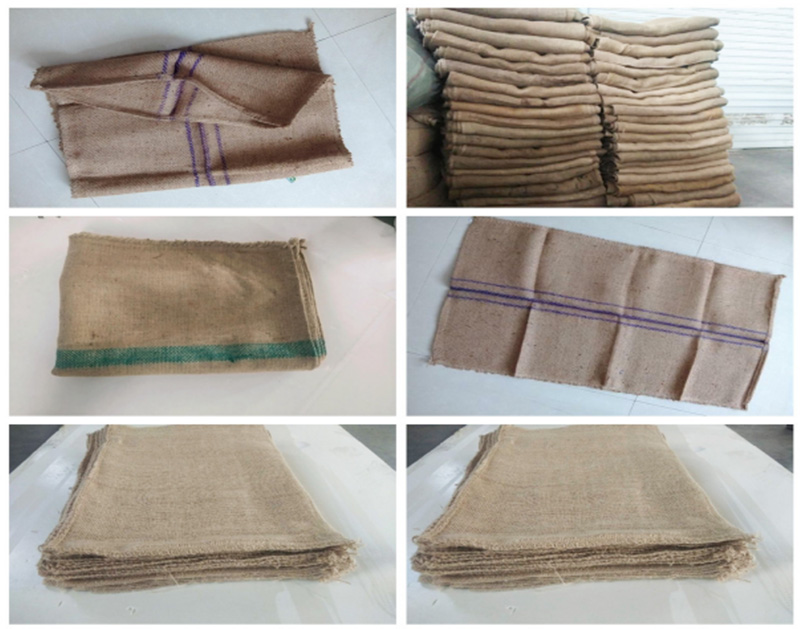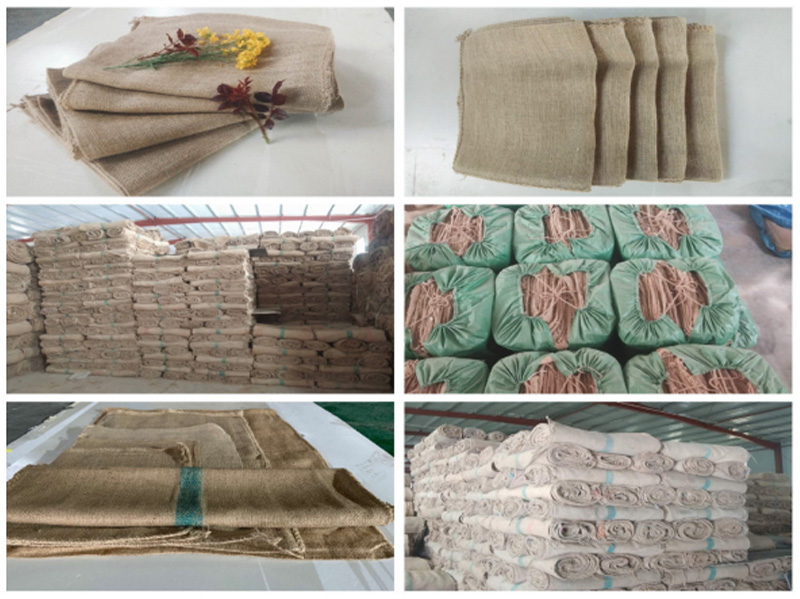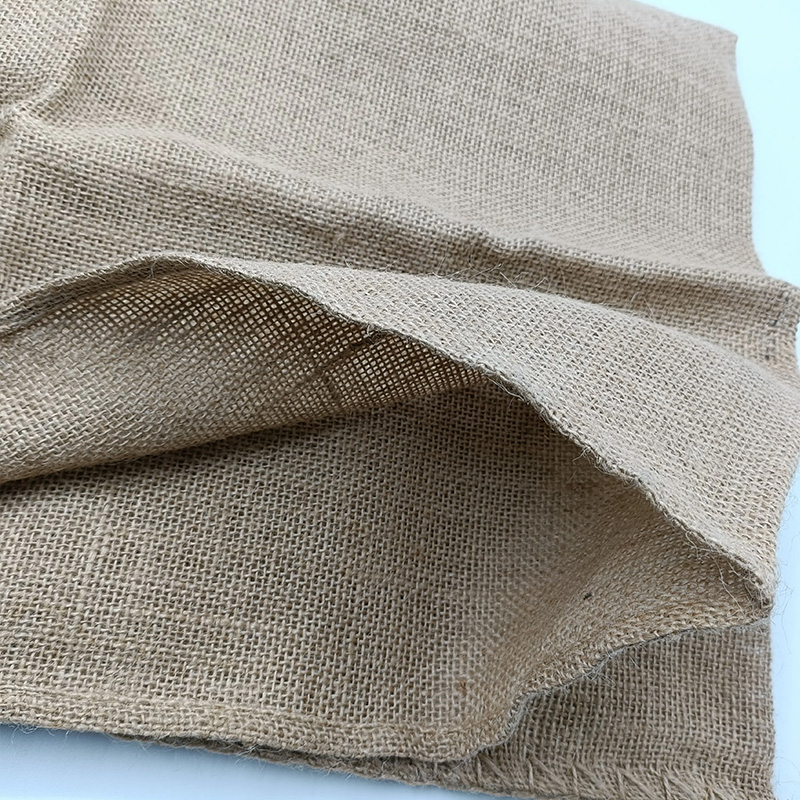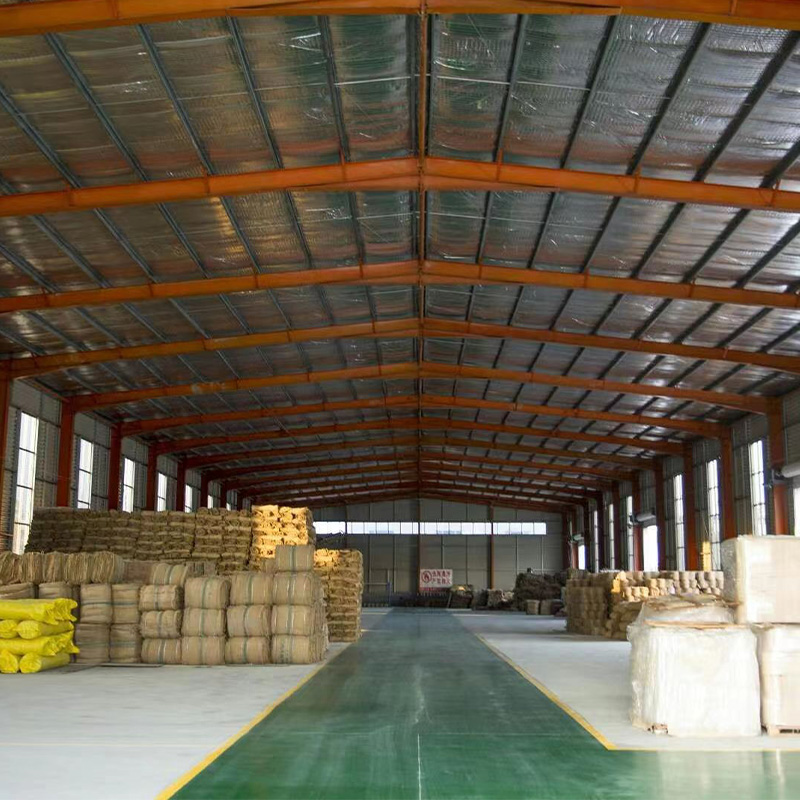What is Jute? A Natural Alternative to Plastic
Jute, often referred to as the golden fiber, is a natural plant-based fiber that has gained significant attention as an eco-friendly alternative to synthetic materials like plastic. Unlike plastic, which can take centuries to decompose and contributes to environmental pollution, jute is biodegradable and fully recyclable. This makes it an ideal choice for industries and consumers seeking sustainable solutions. According to the National Institute of Standards and Technology (NIST), natural fibers like jute are increasingly being studied for their potential to reduce environmental impact while maintaining durability and cost-effectiveness.

Jute fibers are derived from the stems of plants such as Corchorus capsularis and Corchorus olitorius. These fibers are known for their strength, flexibility, and ability to be spun into coarse, durable threads. As the second most produced natural fiber after cotton, jute is widely used in the manufacturing of jute sacks, burlap bags, and other eco-conscious products. Its versatility allows it to be customized for various applications, from industrial packaging to everyday use.
Key Features of Jute Sacks and Burlap Bags
Jute sacks and burlap bags are celebrated for their unique combination of durability, eco-friendliness, and adaptability. Here are the core features that set them apart:
- Biodegradable and Sustainable: Jute is 100% biodegradable, breaking down naturally within 180 days under composting conditions. This makes it a superior choice for reducing plastic waste.
- High Strength-to-Weight Ratio: Despite their coarse texture, jute fibers are remarkably strong, capable of bearing heavy loads without tearing. This property makes them ideal for packaging bulk materials like grains, seeds, and construction supplies.
- Customizable Sizes and Designs: Jute bags can be tailored to meet specific requirements, ranging from small pouches to extra-large sacks. For example, customizable jute bags are available in dimensions such as 40cm x 60cm (small) to 75cm x 110cm (large), with weights varying from 200g to 1000g.
- Cost-Effective: Jute is one of the most affordable natural fibers, offering a budget-friendly alternative to synthetic materials without compromising on quality.
- Versatile Applications: From flood prevention to hardware packaging, jute sacks are used in diverse industries, including agriculture, construction, and retail.

Advantages of Choosing Jute Sacks Over Synthetic Alternatives
Switching to jute sacks offers numerous benefits, both for the environment and businesses. Here's a closer look at why jute is a preferred choice:
1. Environmental Impact
Plastic bags and synthetic materials contribute to microplastic pollution and landfill waste. Jute, on the other hand, decomposes naturally, reducing the carbon footprint. As highlighted by NIST, the adoption of biodegradable materials like jute is critical for achieving global sustainability goals.
2. Durability and Longevity
Jute sacks are highly resistant to moisture and UV exposure, making them suitable for outdoor storage and transportation. Their strength ensures that they can withstand harsh conditions without compromising integrity.
3. Economic Benefits
The low production cost of jute makes it an attractive option for businesses looking to reduce expenses. For instance, bulk jute bags are often sold at competitive prices, offering significant savings for large-scale operations.
4. Aesthetic Appeal
Jute's natural texture and earthy color add a rustic charm to products, making it a popular choice for eco-conscious consumers and retailers. Handmade jute bags and personalized jute bags are increasingly used in fashion and home decor.
Technical Specifications of Jute Sacks and Burlap Bags
Below is a detailed table outlining the technical parameters of various jute sack sizes and weights:
| Size (cm) | Weight per Unit (g) | Application |
|---|---|---|
| 40 x 60 | 200 | Hardware packaging (screws, nuts) |
| 50 x 74 | 300 | Flood prevention, soil filling |
| 60 x 90 | 450 | Hardware packaging, flood prevention |
| 60 x 100 | 480 | General bulk packaging |
| 74 x 105 | 600 | Grain and seed storage |
| 74 x 107 | 850 | Industrial and agricultural use |
| 75 x 110 | 1000 | Heavy-duty packaging |

Applications of Jute Sacks in Various Industries
Jute sacks are widely used across multiple sectors due to their versatility and eco-friendly nature. Here are some key applications:
1. Agriculture and Food Packaging
Jute sacks are ideal for storing and transporting agricultural products like peanuts, beans, and grains. Their breathability prevents moisture buildup, ensuring the quality of stored goods. For example, national standard burlap bags (107 x 74 cm) are commonly used for bulk grain storage.
2. Construction and Industrial Use
Heavy-duty jute sacks are used in construction for packaging cement, sand, and other materials. Their strength and resistance to tearing make them a reliable choice for industrial applications.
3. Retail and Fashion
Jute bags have become a staple in the retail and fashion industries. They are used as reusable shopping bags, gift bags, and even as fashion accessories. Jute gift bags and jute wine bags are popular for their aesthetic appeal and sustainability.
4. Environmental and Disaster Relief
Jute sacks play a crucial role in flood prevention and disaster relief. Their ability to hold sand and soil makes them essential for creating barriers against floods. Small burlap bags are often used for soil filling in emergency scenarios.
About the Company: XINGTAI SHUODING TRADING CO., LTD
Based in Xingtao Shuoding Trading Co., Ltd., a leading manufacturer and supplier of jute products, the company has established itself as a trusted name in the industry. With a focus on sustainability and quality, XINGTAI SHUODING offers a wide range of jute sacks, burlap bags, and custom packaging solutions. Their commitment to eco-friendly practices aligns with global efforts to reduce plastic waste and promote natural materials.
The company's product line includes jute bags in bulk, jute tote bags, and personalized jute bags, catering to both commercial and individual needs. Their expertise in jute processing and manufacturing ensures that each product meets the highest standards of quality and durability.

Conclusion: Embracing the Future with Jute Sacks
Jute sacks and burlap bags represent a sustainable and practical solution for modern packaging needs. Their natural properties, combined with the company's commitment to quality, make them a valuable asset for industries and consumers alike. As the demand for eco-friendly products continues to grow, jute is poised to play a significant role in reducing environmental impact and promoting sustainable practices. By choosing jute sacks, businesses and individuals contribute to a healthier planet while benefiting from a durable and cost-effective material.







